News Blogs
-

The Risks of Non-compliance with TDG Regulations and How to Avoid Them
Transportation of Dangerous Goods (TDG) regulations exist to protect people, property, and the environment while transporting hazardous materials. Compliance with these regulations is critical to ensure the safe handling, transportation, and delivery of dangerous goods. Non-compliance with TDG regulations can result in serious consequences, including legal, financial, and reputational damage. This blog will examine the […]... Learn more
-

Common Spill Management Mistakes to Avoid
Spills are inevitable in many industries, including manufacturing, transportation, and construction. While spills cannot be completely prevented, their impact can be significantly reduced with proper spill management. However, many common mistakes can be made during spill management that can exacerbate the situation. This blog will discuss the most common spill management mistakes and how to […]... Learn more
-

The Art of TDG Logistics
Transportation of Dangerous Goods (TDG) logistics is a complex process that requires careful planning and execution to ensure the safe and timely delivery of hazardous materials. TDG logistics involves transporting dangerous goods, such as chemicals, gases, explosives, and flammable liquids, nationwide and internationally. The art of TDG logistics lies in the ability to ensure regulatory […]... Learn more
-

Eco-Friendly Transport of Dangerous Goods
Transportation of Dangerous Goods (TDG) refer to the regulations regarding the transportation of dangerous goods within Canada. Transporting these materials safely and responsibly is essential for protecting people, the environment, and property. With the increasing environmental concern, it is crucial to transport dangerous goods in an eco-friendly manner. Eco-friendly transport of dangerous goods encompasses using […]... Learn more
-
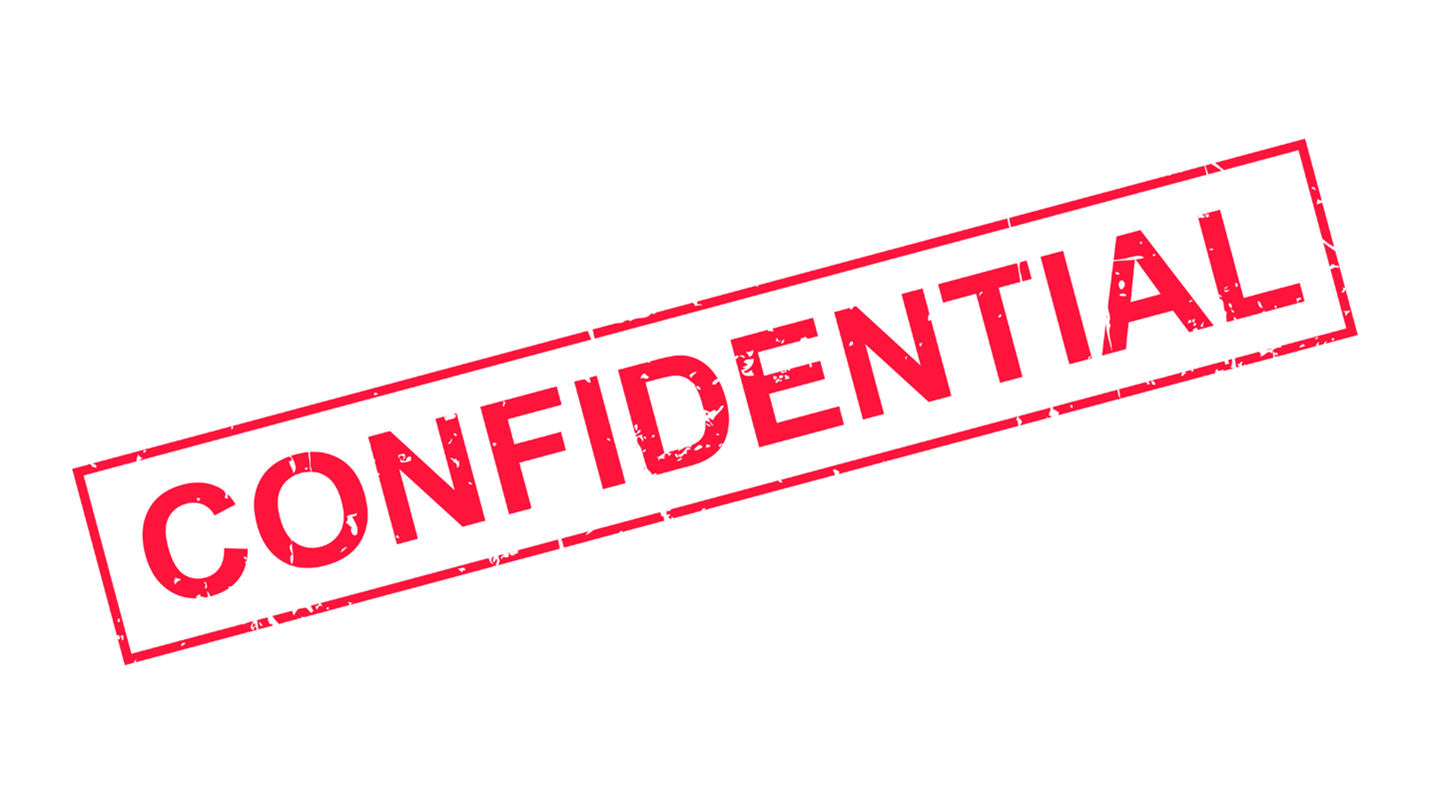
What Is Confidential Business Information (CBI) Within WHMIS?
The Workplace Hazardous Materials Information System (WHMIS) is a Canadian hazard communication standard that requires employers to provide information about hazardous products used in the workplace to their employees. WHMIS has several requirements, including the identification of hazardous products, the provision of safety data sheets, and the use of cautionary labelling. One important aspect of […]... Learn more
-
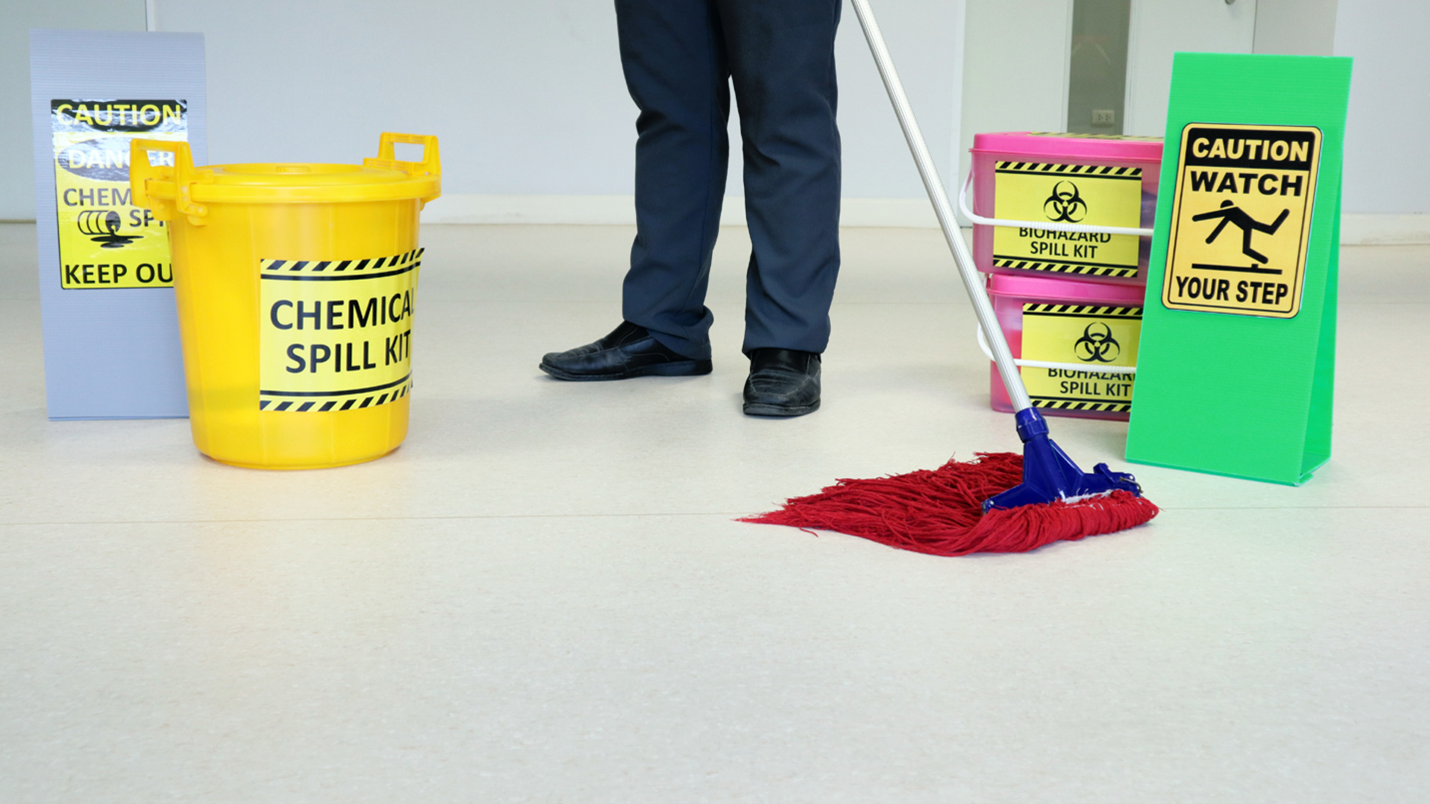
Do You Know How to Choose the Best Spill Kits for Your Specific Needs?
Spills can happen in any workplace, and it’s essential to be prepared to deal with them effectively. One of the most important tools for spill response is a spill kit. But with so many different types and sizes of spill kits available, knowing which one to choose can be challenging. This blog will discuss selecting […]... Learn more
-
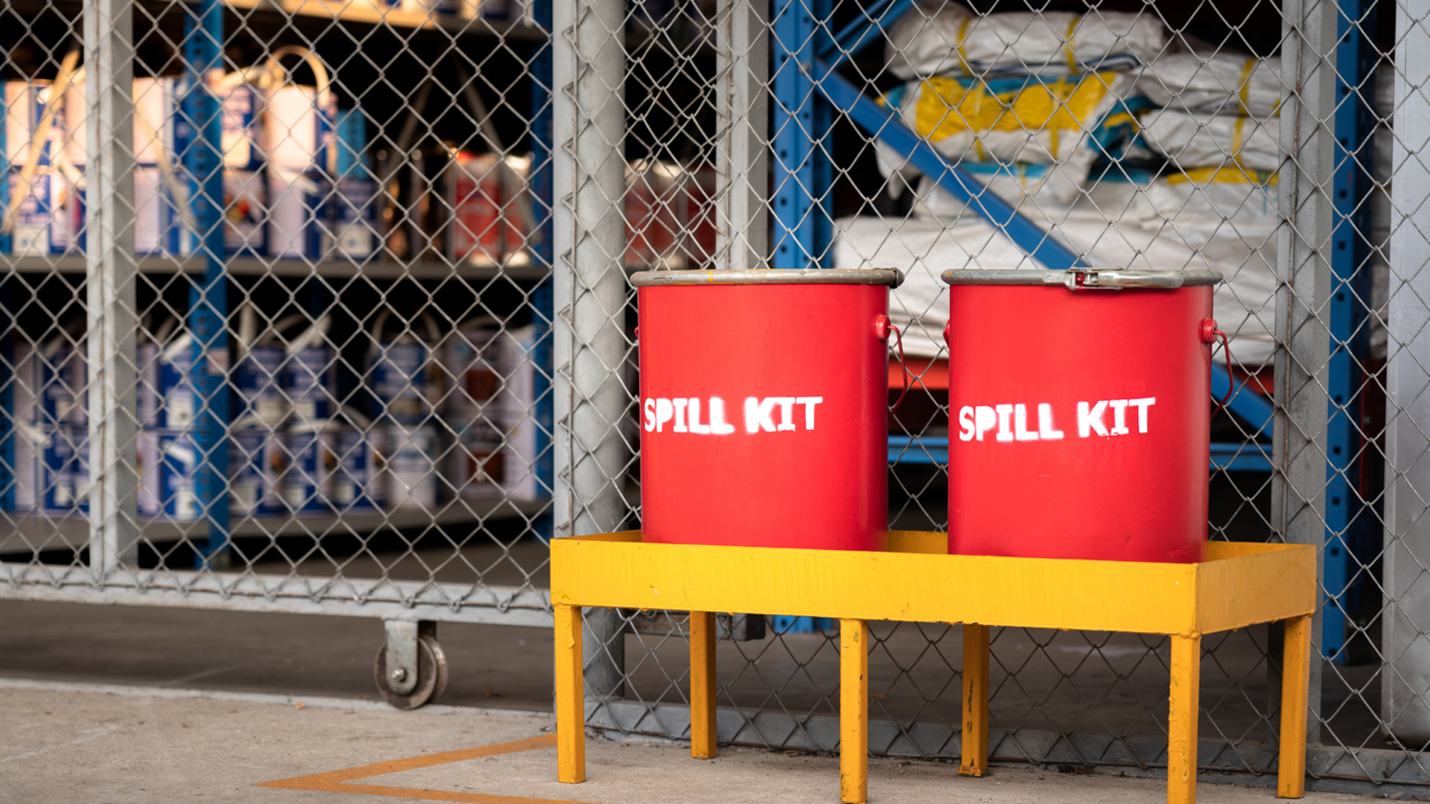
What Can You Do to Spill-Proof Your Workplace?
Preventing spills is a critical step when maintaining a safe and healthy workplace. Not only can spills cause slips and falls, but they can also result in hazardous material spills that can be dangerous for employees and the environment. Taking proactive steps to spill-proof your workplace can create a safer and healthier environment for everyone. […]... Learn more
-
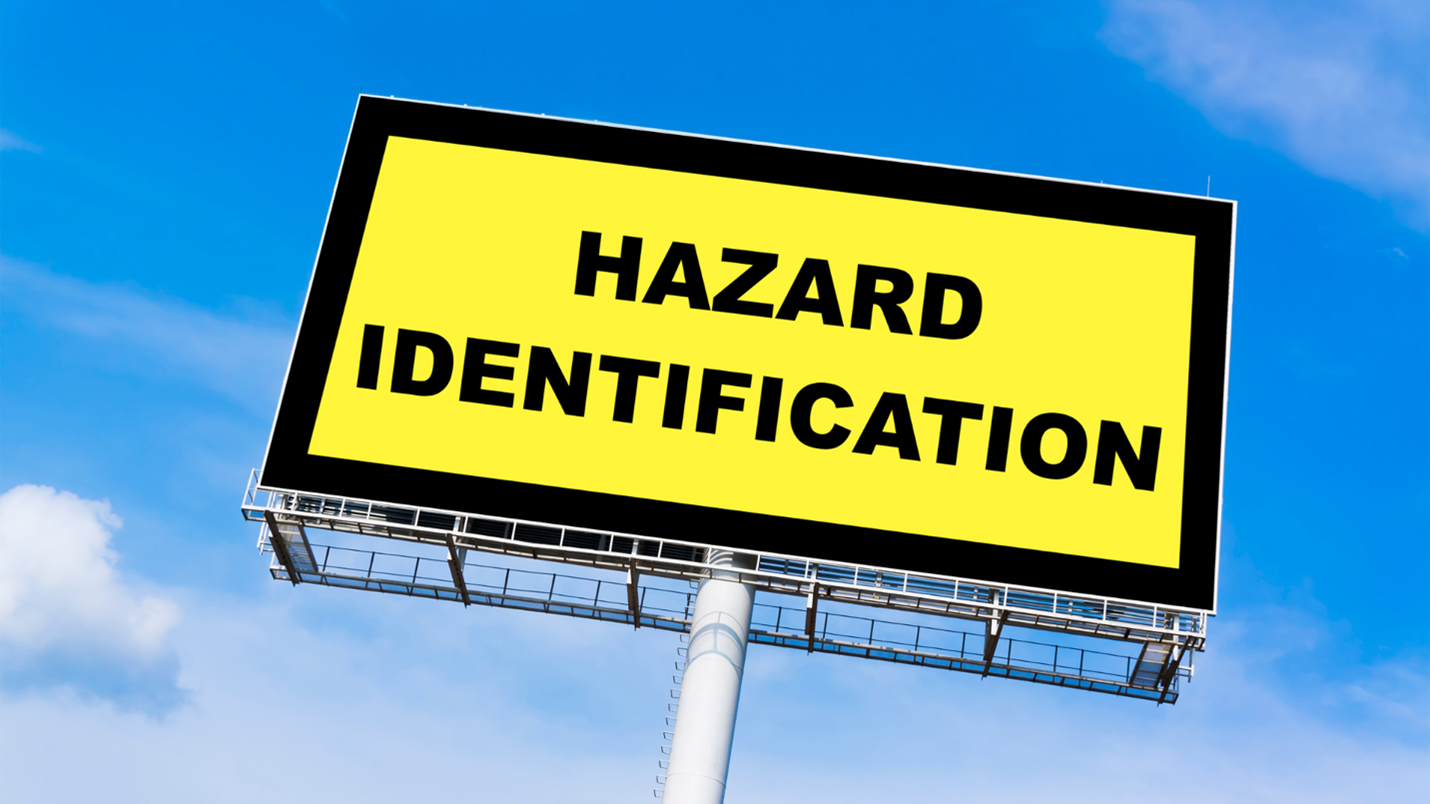
Things You Can Do to Prepare Your Workplace to Handle Accidents & Incidents
As an employer or employee, it is important to be prepared for accidents and incidents that may occur in the workplace. Accidents can happen unexpectedly, and it is advantageous to be equipped with the necessary knowledge and resources to handle them. Here are ten things you can do to prepare your workplace for handling accidents […]... Learn more
-
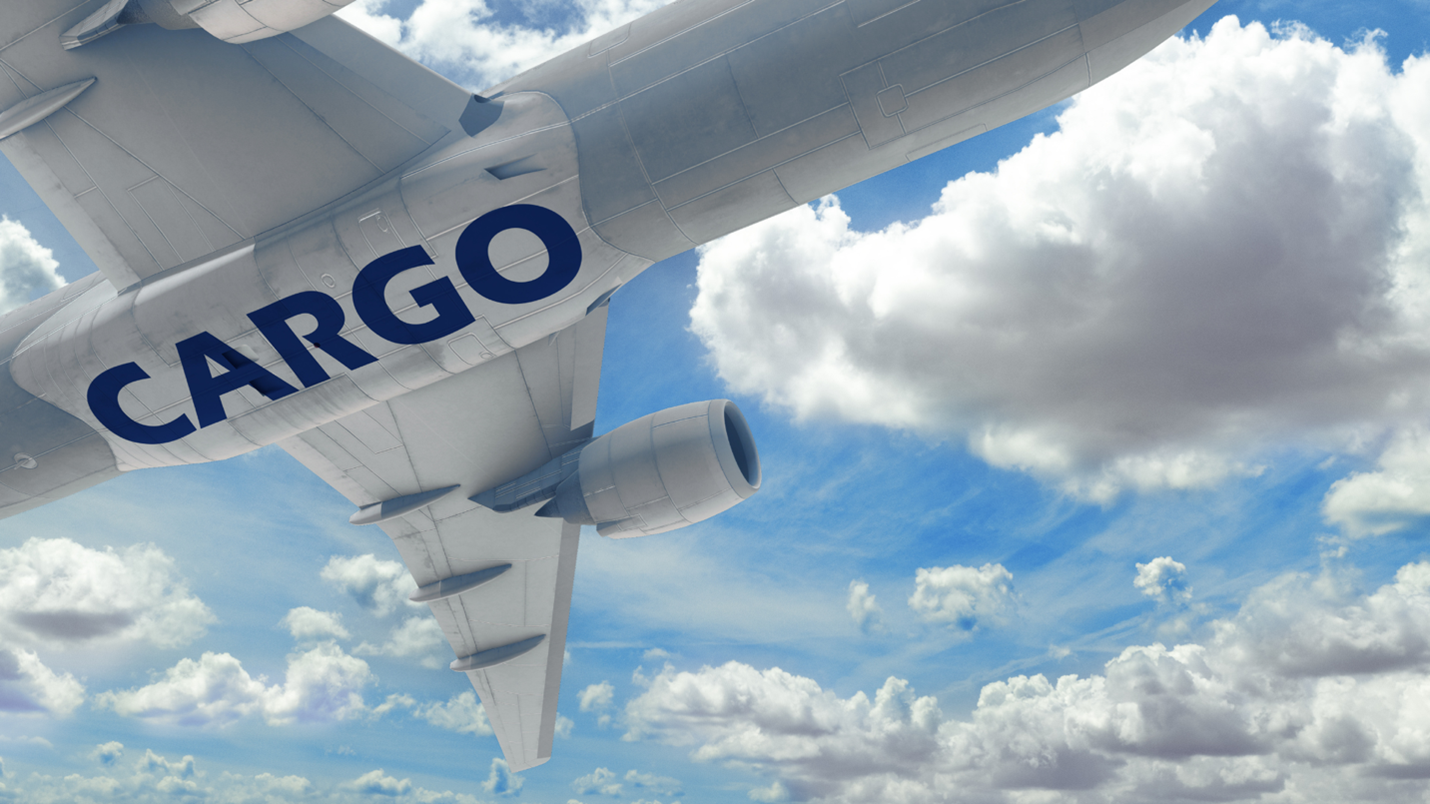
Things To Know About Transporting Dangerous Goods by Air Safely
Transporting dangerous goods by air is a necessary process that must be carried out safely and carefully to prevent accidents and protect public safety. Dangerous goods can include various materials and substances, such as explosives, chemicals, and radioactive materials. Transporting these goods by air is regulated by Transport Canada in Canada and the Federal Aviation […]... Learn more
-

What Are Sorbents for Oil Spills?
Sorbents are materials used for oil spill response and cleanup. They are designed to absorb and contain oil, preventing it from spreading further and reducing its environmental impact. Sorbents come in various forms, including pads, rolls, booms, and loose materials, and they are made from varied materials, such as polypropylene, polyethene, and cellulose. Oil-absorbing pads […]... Learn more
